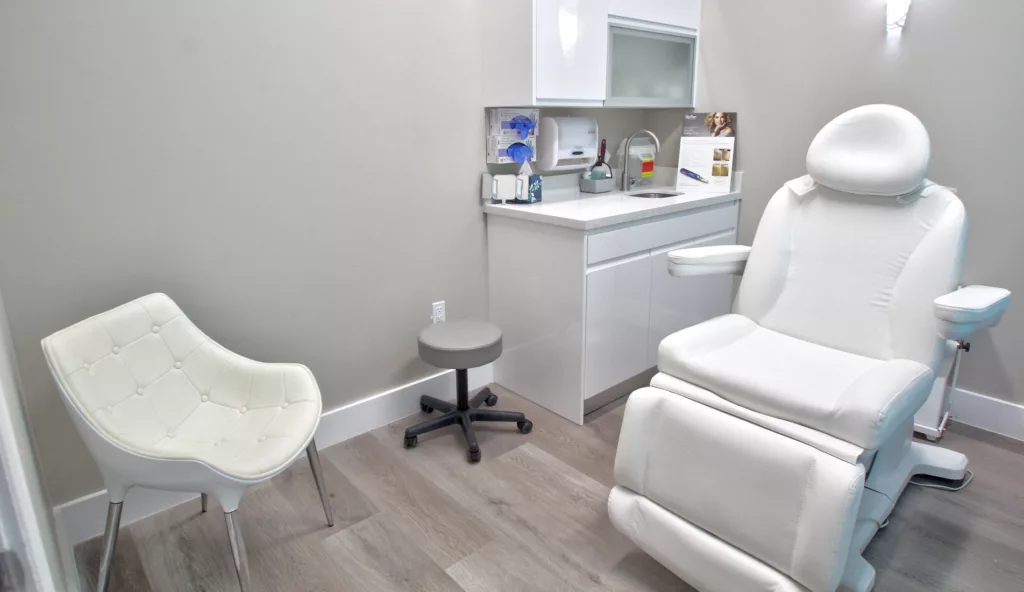While getting a significant payout for your practice is exciting, the real work often begins after the deal closes. Drawing from our experience with hundreds of transactions, here's what you should actually expect during the post-sale transition period.
The Integration Phase
Most sellers underestimate the time and effort required for full integration. Even well-prepared practices typically need 6-12 months to fully adapt to new systems and expectations. You'll be implementing new accounting processes, management software, billing procedures, and operational protocols - all while maintaining high standards of patient care.
Timeline Realities
Deal closing dates rarely align perfectly with initial projections. This is normal. Various factors can impact timing, from complex due diligence requests to choosing the right moment for staff communication. Having an experienced advisor helps drive the process forward while protecting your interests through these inevitable shifts.
Key Transition Elements:
- New System Implementation
- Staff Training and Adaptation
- Financial Integration
- Operational Adjustments
- Compliance Updates
- Reporting Structure Changes
- Policy Alignment
- Team Communication
- Patient Care Continuity
- Performance Monitoring
Due Diligence Intensity
Corporate buyers employ professional teams to thoroughly examine every aspect of your practice. This scrutiny, while sometimes uncomfortable, is normal and necessary. Their analysts will review everything from financial statements to operational procedures. Understanding this is part of the process helps maintain perspective during detailed information requests.
Equity Considerations
If your deal includes rollover equity, remember that its future value involves some uncertainty. While we can analyze market trends and growth projections, equity appreciation depends on the broader market, platform execution, and future exit opportunities. Think of this as a long-term investment rather than a guaranteed return.
Managing Expectations
The post-close period is a significant transition, but it's temporary. Focus on supporting your team through the change while maintaining patient care standards. Build relationships with your new partners and remember why you chose this path. With proper expectations and support, you can navigate this transition successfully.
Moving Forward
Understanding these realities helps set appropriate expectations for the post-sale period. While challenges are inevitable, they're also manageable with the right preparation and support. The key is maintaining perspective - this transition period is an investment in your practice's future growth and success.
Remember: The post-close integration period is like merging onto a highway - there might be some initial adjustments, but once you're up to speed, you'll appreciate the enhanced capabilities and support of your new corporate partner.
Want to learn more about managing a successful transition? Let's discuss your specific situation and how we can help you prepare for these changes.



